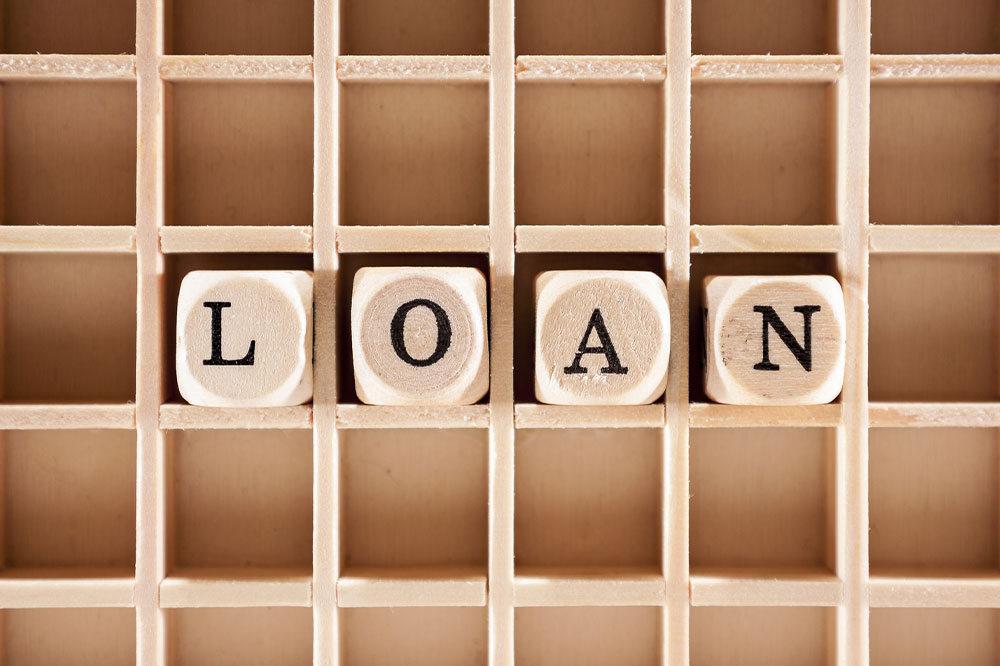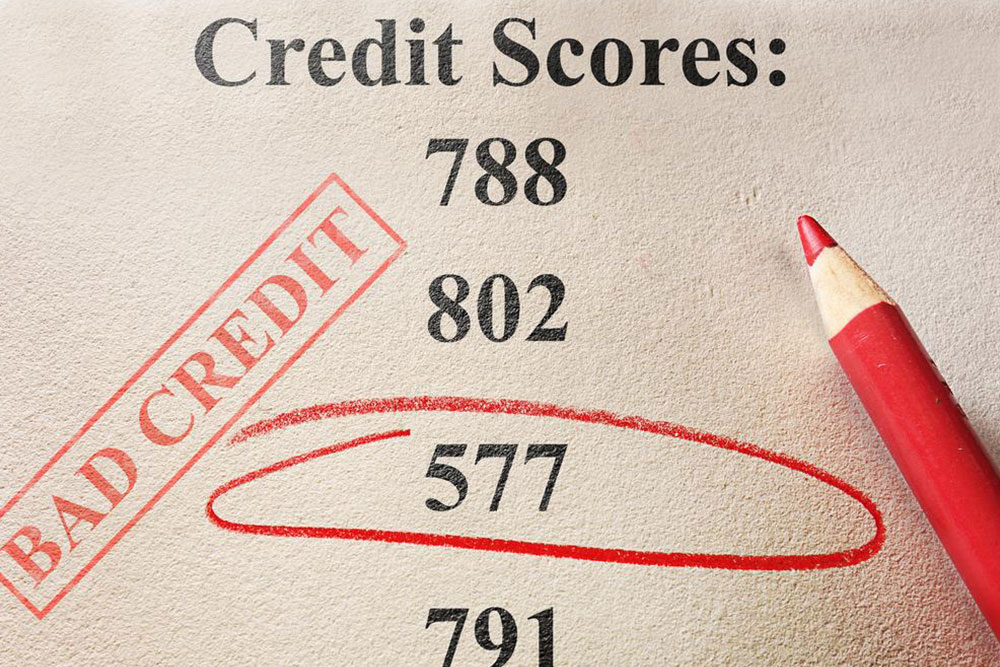Comprehensive Strategies for Quick Access to Emergency Funds
This comprehensive guide explores various methods for quick access to emergency funds, including personal loans, credit card advances, and alternative options for those with poor credit. It offers practical advice on selecting the best solution during financial crises, highlighting the pros and cons of each approach to ensure informed decision-making in urgent situations.

Comprehensive Strategies for Quick Access to Emergency Funds
Financial emergencies can strike unexpectedly, creating urgent needs for cash that cannot be postponed. Whether it’s an urgent health care expense, car repair, or an unforeseen bill, having quick access to funds can make a significant difference. Many individuals find themselves searching for reliable, fast options to cover these expenses, especially when traditional banking processes are too slow or rigid. This guide offers insights into various methods to secure emergency funds promptly, helping you make informed decisions to navigate financial crises effectively.
For anyone facing unexpected costs, understanding the differences between available financial tools is crucial. While some options offer rapid access, they may come with higher costs or risks, especially for those with poor credit histories. It’s essential to weigh each alternative carefully and consider lower-cost, practical solutions. Exploring all options, including unconventional ones, can result in better financial management during crises.
In urgent situations requiring immediate cash, several borrowing options exist, each with their own advantages and disadvantages. For instance, if you need $1,000 without delay, these are some of the most common avenues you might consider:
Federal Credit Unions: Registered with the National Credit Union Administration (NCUA), these institutions provide small personal loans with interest rates averaging around 9.6% APR. While they are a relatively affordable option, approval for loans can take over a week due to standard processing times. Their regulated status makes them a trustworthy option for many borrowers.
Online Personal Loans: Secured through internet-based lenders, online personal loans can be processed more swiftly than traditional banks, often within a few days to a week. However, they tend to have higher interest rates, averaging approximately 19.84% APR, reflecting the faster approval process and convenience.
Credit Card Cash Advances: For those with existing credit cards, cash advances offer immediate access to funds, often approved instantly at the point of sale. However, they come with high costs, including a typical APR of around 25%, and fees that can add to your expenses. The advantage is the speed, as you can have cash in hand within a day for urgent needs.
Payday Loans: These are short-term loans against your next paycheck, often available with instant approval. Although they provide quick access to cash, they have extremely high interest rates, sometimes reaching up to 391% APR. Repayment can be substantial; for example, borrowing $1,000 could result in repayment totaling roughly $11,370. Due to these high costs, payday loans should be considered only as a last resort.
However, if your credit score is poor or you have bad credit, these options could lead to further financial burdens. For such cases, alternative strategies are advisable. Negotiating directly with medical providers or auto repair shops for reduced bills or payment plans can often save money without accruing interest. Additionally, borrowing fromTrusted friends or family members who are willing to lend money without demanding credit checks can be a safer and more affordable solution during emergencies.
Overall, navigating emergency funds requires careful evaluation of available options. Fast access methods may come with high costs, so it’s important to balance urgency with financial prudence. Building an emergency savings fund over time remains the most sustainable approach to handle unforeseen situations. Meanwhile, understanding your credit status and exploring all available resources can help you choose the best solution in moments of crisis.





